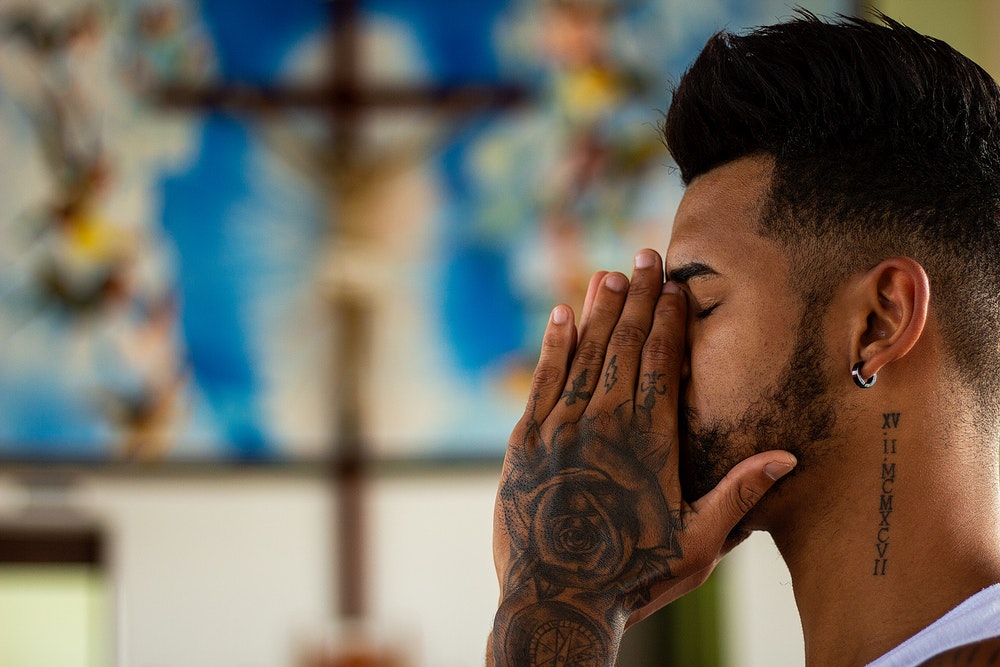When I was a kid, I had a recurring nightmare that a loved one in my life was possessed by a demon. Immersed in this dream world, I often thought of Jesus’ words from Matthew 17:20: “Truly I tell you, if you have faith as small as a mustard seed,” then “nothing will be impossible for you”. This spurred me on to fresh efforts at casting out the demon, but nothing ever worked. In response, I tried conjuring up even more faith from somewhere within myself.
A similar impulse remained throughout my adolescence and early adulthood. Whenever I came to a spiritual or religious difficulty—whether it was trying to break a sinful habit, discerning God’s will, or growing in intimacy in my relationships—my impulse was the same: If I could just believe harder (whatever that meant, I was never sure), then I’d be able to move whatever mountain lay before me.
I’ve learned over time that deepening faith is not just a mental exercise. It requires action. This lesson was recently reinforced by Rich Villodas’s The Deeply Formed Life: Five Transformative Values to Root Us in the Way of Jesus, which invites Christians to penetrate further into the mysteries of our faith, the history and traditions of our global church, our relationships with others, and the reality of our own inner lives.
In the midst of a national pandemic that forces us to cover our faces and mediate our social engagements (including worshiping God) through computer screens, Villodas’s book could not come at a more opportune moment.
As the lead pastor of New Life Fellowship in Queens for seven years, Villodas guides the reader from experience. He leads a flock that is one of the most multiracial Protestant churches in the United States. And with New York City as their home, the members of New Life Fellowship fight against the tide in what is perhaps the cultural capital of shallowness (which I say from experience and out of great love for that godforsaken place).
Cultivating Faith
 Americans in 2020 live in a milieu of shallow social interactions. Many of us uproot from our homes for college or work and live among people with whom we have no deep connection. Social media platforms grant us fragmented views into our peers’ lives, and algorithms herd us into polarized tribes. Screen addiction pulls us along cursory binges of information. These mediums encourage us to define our worth based on our appearance, …
Americans in 2020 live in a milieu of shallow social interactions. Many of us uproot from our homes for college or work and live among people with whom we have no deep connection. Social media platforms grant us fragmented views into our peers’ lives, and algorithms herd us into polarized tribes. Screen addiction pulls us along cursory binges of information. These mediums encourage us to define our worth based on our appearance, …
News brought to you by Christianity Today



